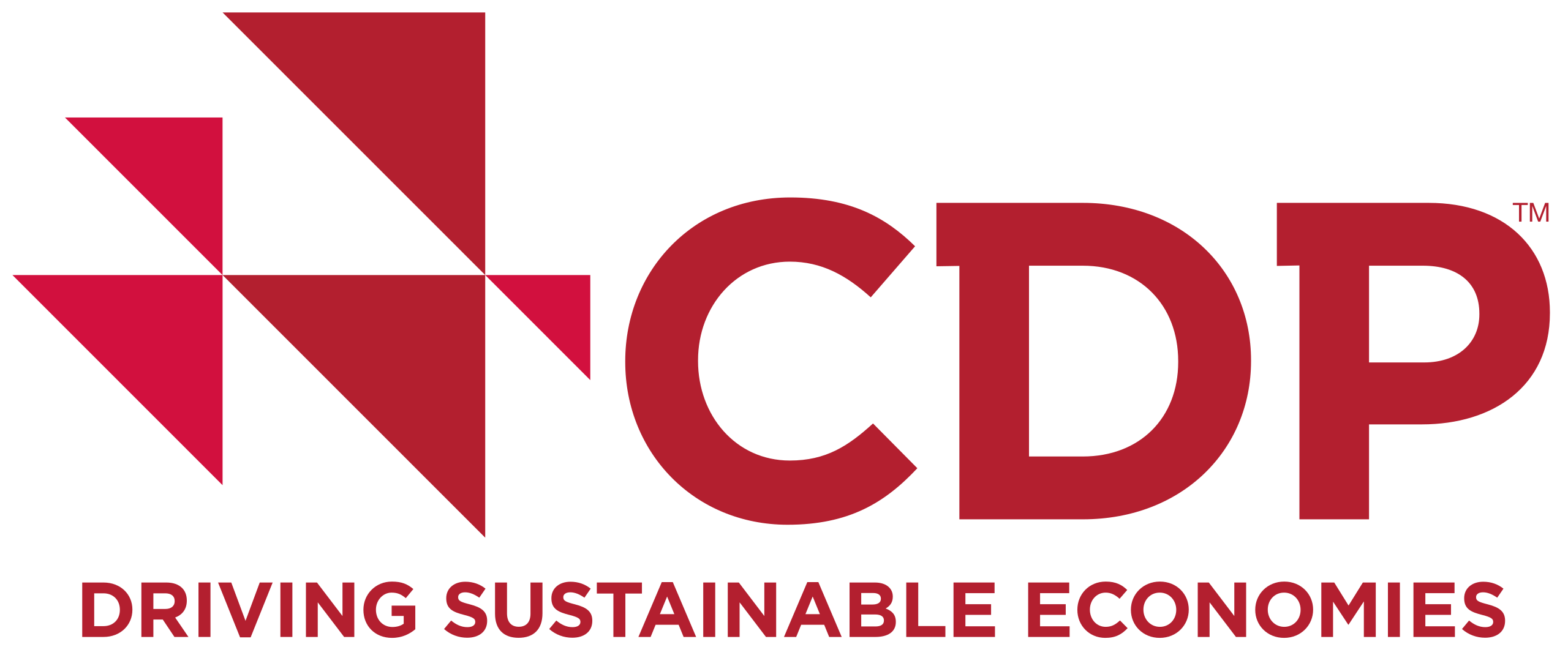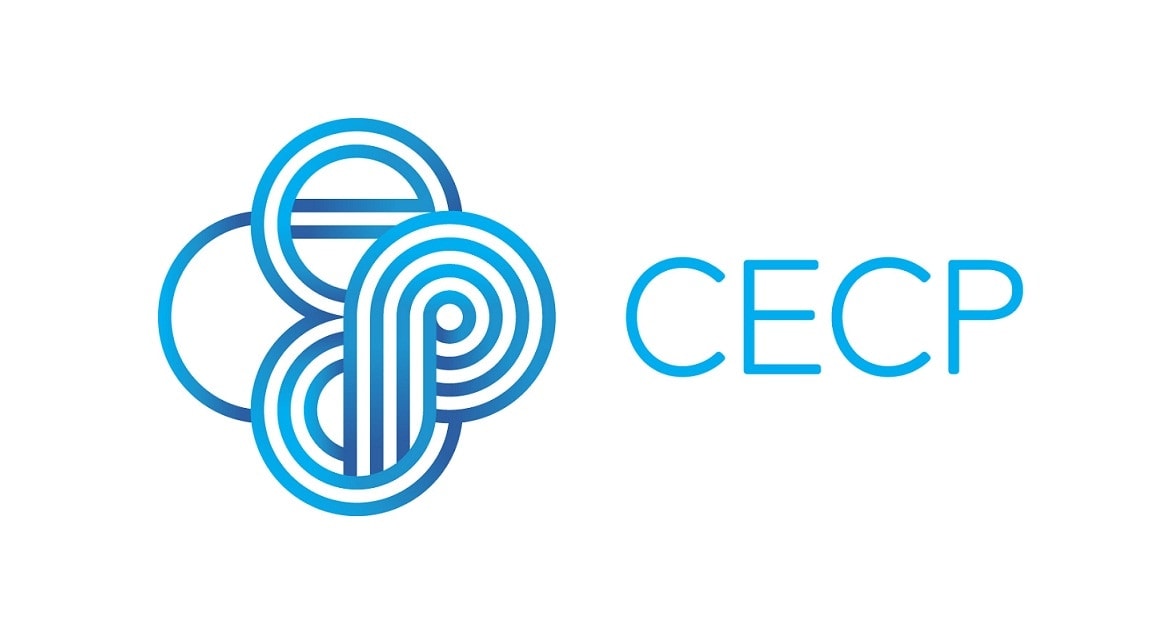Actively seeking open dialogue with our stakeholders allows us to understand their expectations and respond accordingly. Continuous engagement also enables us to build a shared understanding of contingency issues, proactively respond to concerns, identify potential areas of compromise, stay abreast of global trends and market expectations, and find solutions that are good for our stakeholders and business.
While PMI’s commitment to its transformation is unwavering, we recognize that we cannot complete the journey alone. Signed by every member of our Board of Directors, PMI’s Statement of Purpose articulates our company’s purpose and transparently specifies those stakeholders most critical to long-term value creation and sustainability.
Our periodic sustainability materiality assessments provide valuable insights and allow us to gauge the relevance of various topics among key stakeholder groups.
Our commitment to transformation is unwavering, but we have been clear from the start that we cannot accomplish it alone. Collaboration and a multi-stakeholder approach are vital to realizing the change we seek.
Emmanuel Babeau
Chief Financial Officer, Philip Morris International
How we are engaging with our stakeholders
Our stakeholder engagement activities incorporate both structured and ad hoc interactions. Above all, they are guided by transparency, integrity, and respect, and governed by our Code of Conduct and its accompanying policies (Principles and Practices), summarized in this overview of our engagement principles.
The table below features the most significant topics discussed with our key stakeholder groups and our responses to them; however, it is not an exhaustive list.
The following section features our approach and engagement with key stakeholder groups, the most significant topics discussed, and our responses to them.
Consumers
Employees
Supply chain and business partners
Finance community
Regulators
Public health community
Civil society
Memberships and alliances
We believe that participating in collective efforts can help foster meaningful impact as we work to address sustainability-related challenges that are often systemic. As such, we participate in various selected groups, organizations, or initiatives globally including, among others, those listed below.











Advocacy
Please click on the tabs below for an overview of various sustainability-related advocacy efforts we engaged in over the past several years.
Nature
Non-financial reporting
Climate
Other
This online content about our Integrated Report should be read in conjunction with PMI’s Integrated Report 2024. This report includes metrics that are subject to uncertainties due to inherent limitations in the nature and methods for data collection and measurement. The precision of different collection and measurement techniques may also vary. This report includes data or information obtained from external sources or third parties. Unless otherwise indicated, the data contained herein cover our operations worldwide for the full calendar year 2024 or reflect the status as of December 31, 2024. Where not specified, data comes from PMI financials, nonfinancials, or estimates.
Unless explicitly stated, the data, information, and aspirations in this report do not incorporate PMI’s wellness and healthcare business, Aspeya. Regarding the Swedish Match acquisition, completed late 2022, unless otherwise indicated, this report includes information pertaining to its sustainability performance. Please also refer to "This report at a glance" on page 2 of the PMI’s Integrated Report 2024 for more information. Aspirational targets and goals do not constitute financial projections, and achievement of future results is subject to risks, uncertainties and inaccurate assumptions, as outlined in our forward-looking and cautionary statements on page 206. In PMI’s Integrated Report 2024 and in related communications, the terms “materiality,” “material,” and similar terms are defined in the referenced sustainability standards and are not meant to correspond to the concept of materiality under the U.S. securities laws and/or disclosures required by the U.S. Securities and Exchange Commission.


